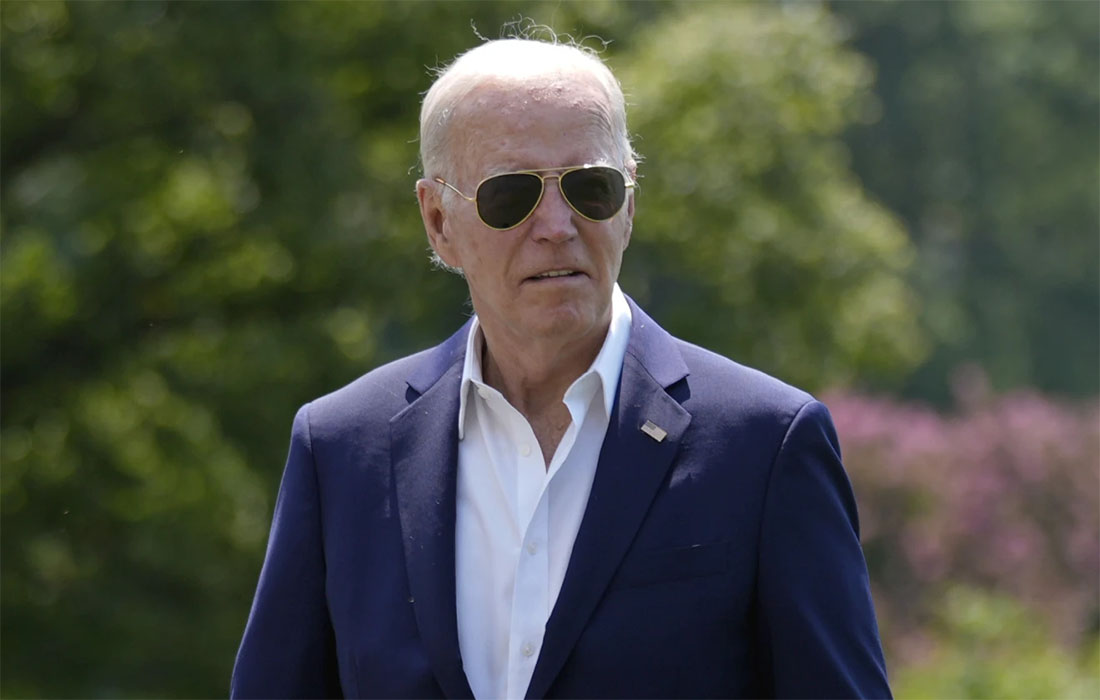Photo Credit: Getty Images
The Biden administration has proposed a groundbreaking initiative that could transform healthcare access for millions of Americans struggling with obesity. The new rule aims to expand coverage of anti-obesity medications through Medicare and Medicaid, potentially providing relief to 7.4 million individuals facing significant health challenges.
Currently, weight loss medications are prohibitively expensive, with monthly supplies costing up to $1,000. The proposed policy would dramatically reduce out-of-pocket expenses, making these critical treatments more accessible to vulnerable populations. According to Centers for Medicare and Medicaid Services Administrator Chiquita Brooks-LaSure, obesity is now recognized as a chronic disease that increases risks of premature death and serious health complications.
Statistical data underscores the urgency of this proposal. More than 40% of Americans are considered obese, a condition linked to multiple health risks including heart disease, diabetes, and certain cancers. Recent research by PurpleLab revealed significant racial disparities in medication access, with approximately 85% of semaglutide prescriptions dispensed to white patients in 2023.
The financial implications are substantial. The federal government estimates spending approximately $25 billion for Medicare and $11 billion for Medicaid coverage over a decade. Importantly, officials argue that expanded access could ultimately reduce long-term healthcare costs by preventing obesity-related complications.
Medical experts like Dr. Susan Spratt from Duke Health offer optimistic perspectives. "If we reduce dialysis, stroke, heart attack, and other obesity-related conditions, the total care costs should decrease," she explained. This sentiment challenges concerns raised by lawmakers like Senator Bernie Sanders about potential system-wide financial strain.
The proposed rule targets specific patient populations. Medicare beneficiaries and Medicaid recipients would gain access, with coverage beginning in 2026. Eligibility would be restricted to those medically classified as obese, excluding individuals merely overweight.
However, the policy's future remains uncertain. With an incoming Trump administration, implementation is not guaranteed. Robert F. Kennedy Jr., tapped to lead the Department of Health and Human Services, has expressed skepticism about these medications. Conversely, Dr. Mehmet Oz, slated to head CMS, has previously praised anti-obesity drugs.
The proposal arrives at a critical moment in healthcare innovation. Pharmaceutical companies are actively developing additional GLP-1 drugs, exploring potential treatments for conditions beyond obesity, including alcohol reduction and sleep apnea management.


